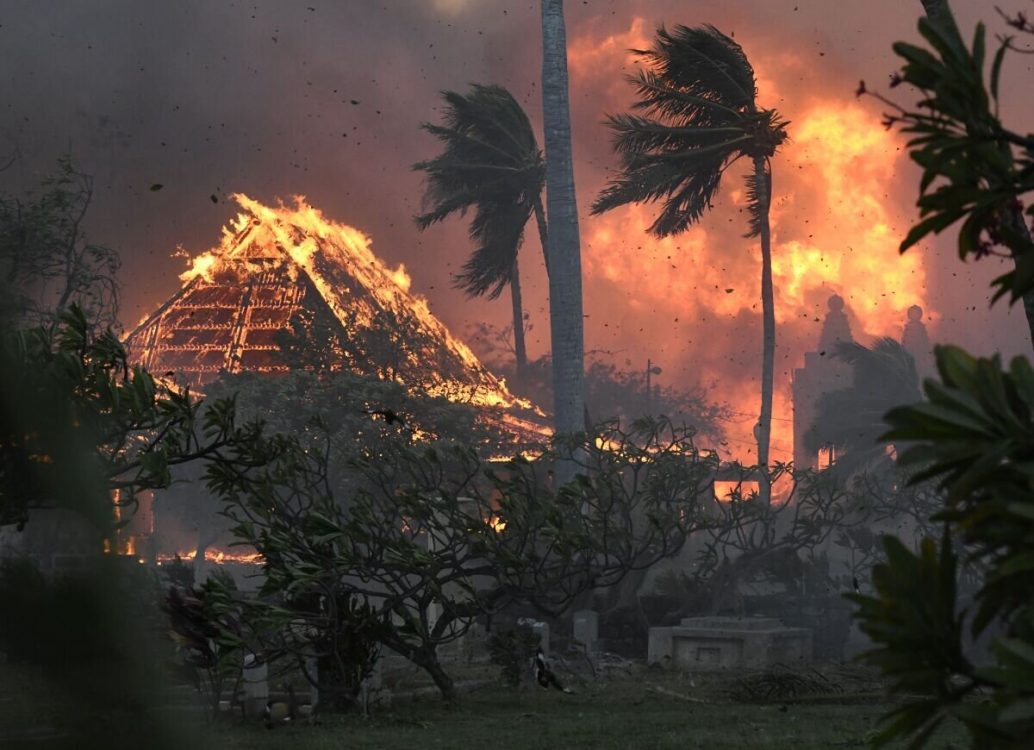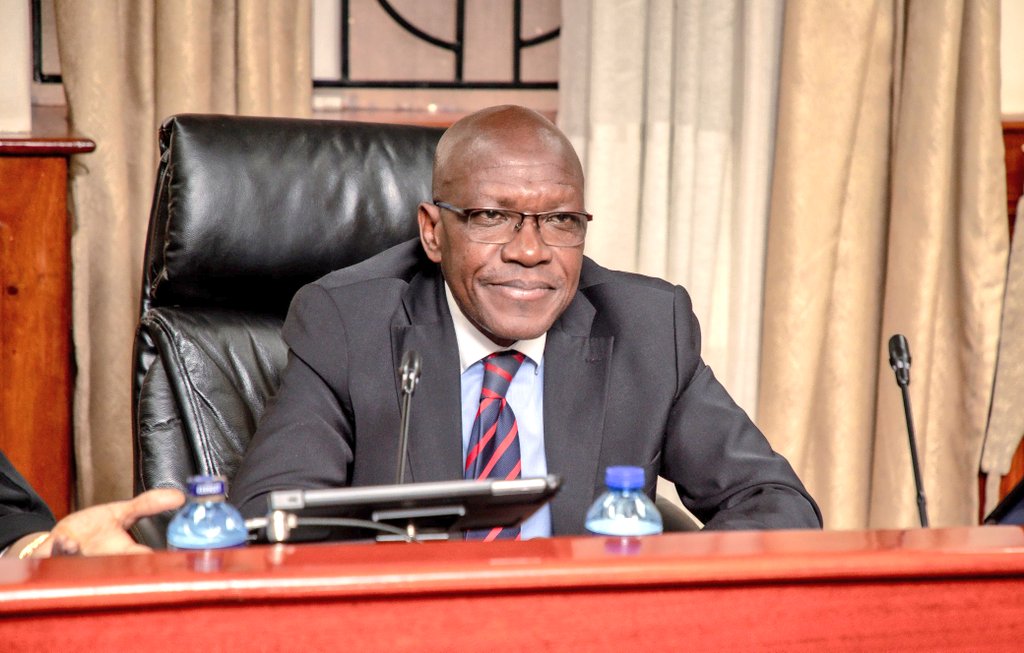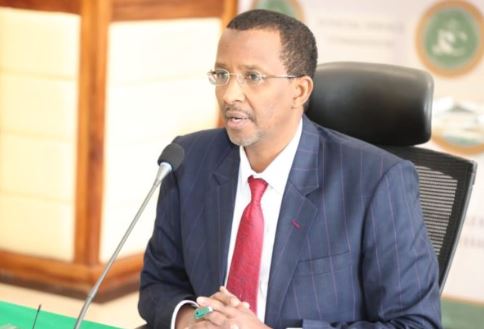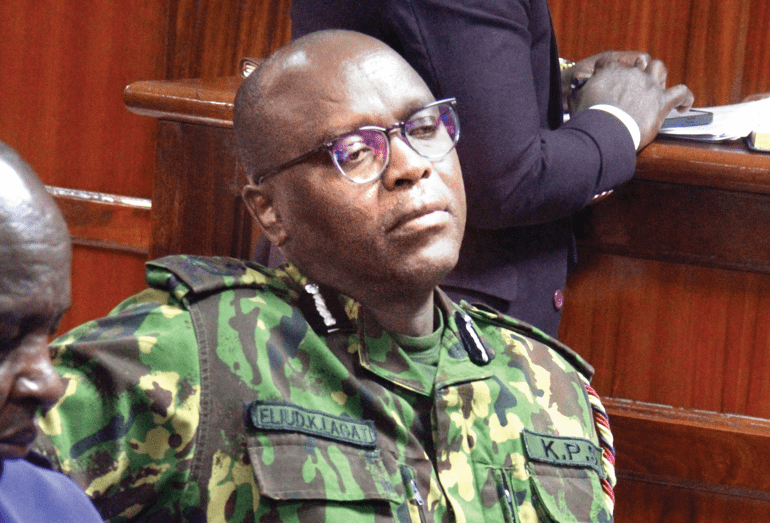Maui fires revive the ‘disaster capitalism’ storm

In her 2007 book titled, “The Shock Doctrine: The Rise of Disaster Capitalism”, Canadian author and social activist Naomi Klein says neoliberal free market policies have gained traction in some developed countries because of a deliberate “shock therapy” strategy.
According to Naomi, disaster capitalism takes advantage of national crises like disasters or upheavals to institute controversial and questionable actions while citizens are too distracted, both emotionally and physically, to effectively participate, develop an appropriate response, and resist such overtures.
She describes disaster capitalism as a form of extreme capitalism that advocates privatisation and deregulation in the wake of war or natural catastrophe.x
Alleged disaster capitalism is currently playing out in the idyllic Maui island in Hawaii where devastating fires, the worst in the US for over a century, resulted in the death of more than 100 people, and left over 800 people still missing. Observations of profiteering from the disaster came from CNN.
In an article titled, “Disaster capitalism at its finest’: Fights over water amid west Maui’s charred ruins ignite new fears”, CNN Chief Climate Correspondent Bill Weir says establishments with large amounts of water refused to release it to fight the fires.
Hawaii Governor Josh Green admitted in a recent interview that the state had experienced a great deal of water conflict over the years. Seventy-five per cent of the water resource in the affected area is owned by private entities, with the remaining 25 per cent controlled by the county government.
There were conspiracy theories claiming that the so-called directed energy weapons were deliberately used to start the fires in Maui so that developers could buy the land from the native Hawaiians in the aftermath of the displacement of thousands of residents.
This prompted President Joe Biden to reassure them that his administration would rebuild the devastated area the “way the people of Maui want to build, not the way others want to build”, during his visit to witness the extent of the damage to the island on August 21.
Indeed, Naomi’s assertions are not far-fetched. Over the years, Western powers, led by the US, have incited and engaged in needless wars around the world. The West has been responsible for many of the manmade crises for selfish reasons.
In the wake of the ensuing violence and other humanitarian crises, these powers have introduced socioeconomic and even political policies to ensure they sustain their hegemony wherever necessary. The stratagem failed in the 20-year Afghanistan debacle.
Shock therapy is disaster capitalism’s weapon of choice. This involves creating disasters, and then moving in to manipulate the system so that it can benefit a clique of powerful and rich individuals at the expense of the masses. The disaster capitalism complex is juxtaposed with the industrial military complex.
The Ukraine war, for instance, has been a boon to the Western military industrial complex as personified by the US led Northern Atlantic Treaty Organisation (NATO). It is easy to deduce why the US and NATO have committed over USD50 billion in arms and military equipment to Ukraine.
Disaster capitalism is not restricted to poor or developing countries with resources. It afflicts major economies globally. It is a strategy used by opportunistic capitalists bent on making profit by exploiting people’s misery during disasters. Many countries are prone to “shock therapy” by big corporate in cahoots with those in power. The brutal tactic used to disorient the public after a collective shock like war, coup d’état, terrorist attacks, market crashes or natural disasters.
Disasters can either be a curse or a blessing, depending on who is in control, and the kind of system in place. Capitalism tends to suck the remaining blood out of hapless victims of disaster, rather than using the opportunity to restore humanity’s dignity, livelihoods and resilience.
— The writer is a PhD candidate in International Relations












